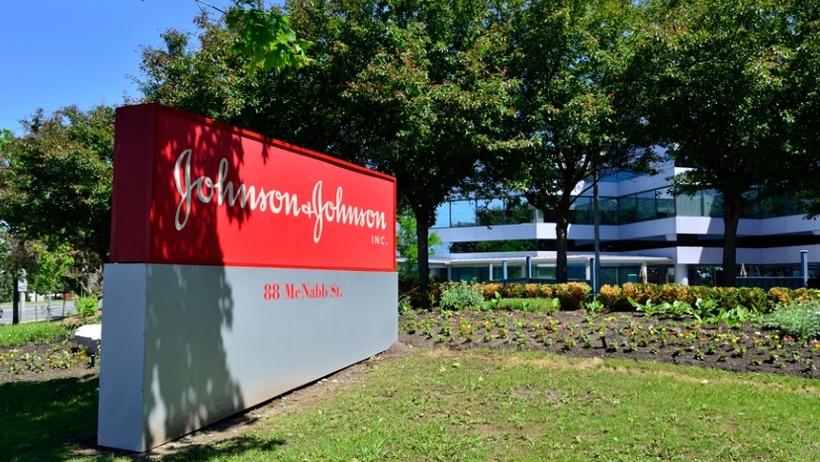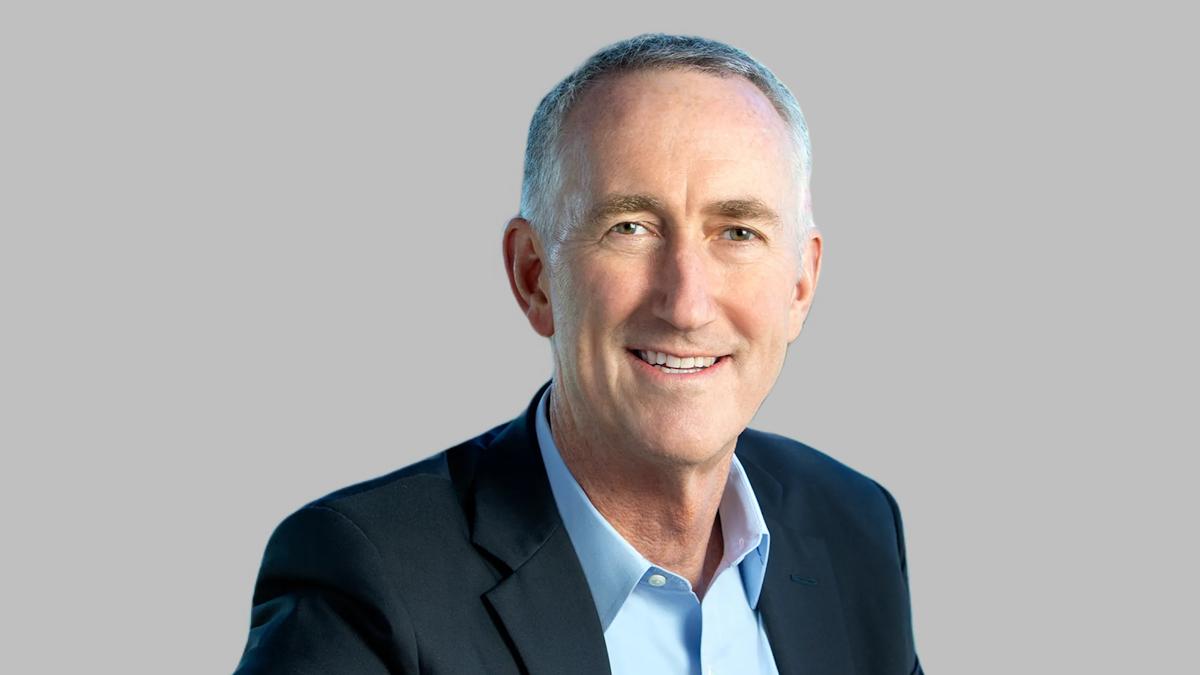J&J files Carvykti for earlier use in multiple myeloma

As the ASCO congress drew to a close, Johnson & Johnson filed for FDA approval of its BCMA-targeting CAR-T therapy Carvykti for use earlier in the treatment pathway for people with multiple myeloma – including those experiencing their first relapse.
The move follows the presentation of previously-leaked data from the CARTITUDE-4 trial at ASCO, which showed Legend Biotech-partnered Carvykti (ciltacabtagene autoleucel) reduced the risk of progression or death by an impressive 74% versus standard therapy in patients with multiple myeloma who had received one to three prior lines of treatment.
The study enrolled patients in whom Bristol-Myers Squibb/Celgene’s Revlimid (lenalidomide) – a standard therapy for multiple myeloma – had stopped working. ASCO expert Oreofe Odejide of Harvard University noted that as the use of lenalidomide has expanded in multiple myeloma, so has the number of patients whose disease will no longer respond to treatment.
Approval of the new indication would give J&J and Legend an opportunity to raise the stakes against Bristol-Myers Squibb and 2Seventy bio’s rival BCMA CAR-T therapy Abecma (idecabtagene vicleucel), which like Carvykti is currently approved as a fifth-line or later treatment option. J&J and Legend have already filed for the new use in Europe.
BMS, meanwhile, has already filed to expand the label for its CAR-T on the back of the KarMMA-3 study in patients who had failed on two to four lines of prior therapy, with a decision due from the FDA before the end of the year. That gives J&J and Legend a chance to position their CAR-T one line in front of its rival.
Along with the 74% reduction in disease progression, CARTITUDE-4 significantly improved the objective response rate (ORR) to 85% from 67% in the control group, with a big increase in complete responses – coming in at 73% and 22%, respectively.
The rate of negative minimal residual disease (MRD) was also improved to 61% from 16%, and there was a trend towards better overall survival – up 22% – that will be followed in the coming months to see if it achieves statistical significance.
“Lenalidomide-based therapies are used extensively as frontline treatments, in both young and elderly patients and including those who are transplant-eligible and transplant-ineligible. This causes an increase in the number of cases where the disease no longer responds to lenalidomide early in the course of the disease,” said lead study investigator Binod Dhakal of the Medical College of Wisconsin.
“These findings show that ciltacabtagene autoleucel is highly effective in patients with lenalidomide-refractory multiple myeloma as early as after first relapse.”
William Blair analyst Matt Phipps has previously estimated that there are around 3,000 multiple myeloma patients in the US who get fifth-line treatment per year.
That rises to 6,000 for fourth-line therapy and 12,000 to 13,000 for third-line, so the eligible patient population will increase dramatically if either of the CAR-Ts can secure FDA approval.













